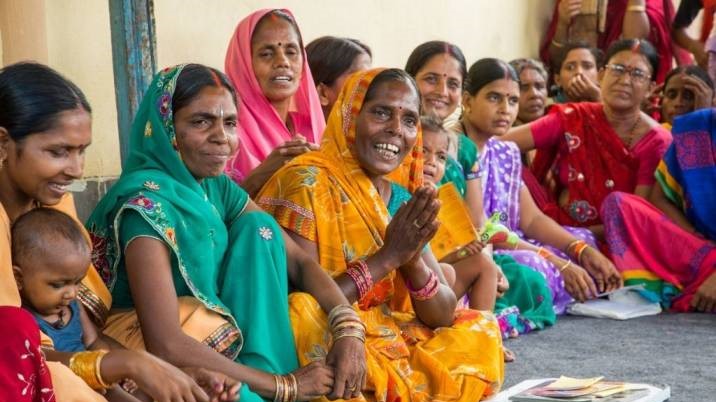Brulé Publishes Article Analyzing Political Economy Gender Gap

Rachel Brulé, Assistant Professor of Global Development Policy at the Frederick S. Pardee School of Global Studies at Boston University, published an article in the Journal of Politics exploring the gender gap in political engagement and economic policy preferences.
The article, titled “Culture, Capital, and the Political Economy Gender Gap: Evidence from Meghalaya’s Matrilineal Tribes,” was coauthored by Nikhar Gaikwad, Assistant Professor of Political Science at Columbia University. The two analyzed a unique setting, northeast India, where matrilineal tribes live alongside patrilineal communities. They conducted survey and behavioral experiments with representative samples of both communities, alongside extensive qualitative research, and found that the gender gap reverses across patrilineal and matrilineal groups.
Brulé and Gaikwad’s results indicate that lineage norms – which determine who gets to make decisions about wealth and how – are key determinants of the political economy gender gap.
The full article can be read on the Journal of Politics‘ website.
Rachel Brulé is an Assistant Professor of Global Development Policy at the Frederick S. Pardee School of Global Studies at Boston University and core faculty of the Global Development Policy Center’s Human Capital Initiative. Her research interests are broadly in comparative politics, international development, political economy, and gender, with a geographical focus on South Asia. Read more about Brulé on her faculty profile.